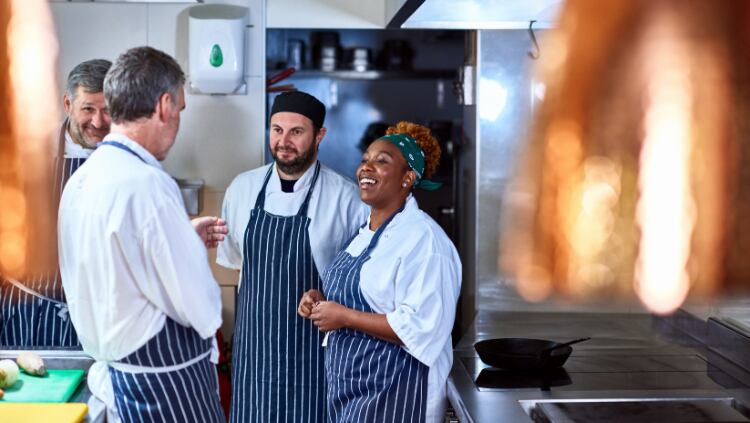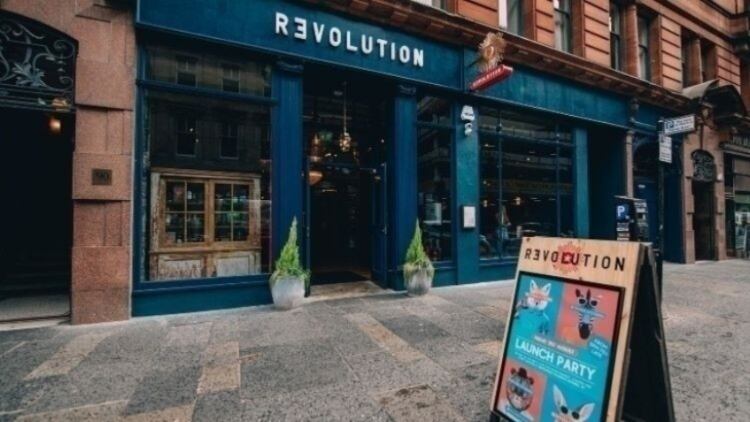This was down from 158,000 vacancies recorded from July to September, figures from the Office of National Statistics (ONS) have revealed.
The ONS data also showed wages have grown at the fastest rate in more than 20 years but are still failing to keep up with rising prices.
It is the fastest growth since 2001, but when adjusted for rising prices, wages fell in real terms by 2.6%.
Responding to the latest ONS labour market data, UKHospitality chief executive Kate Nicholls said: “Today’s figures reinforce the challenging recruitment landscape hospitality businesses are facing, with vacancy rates still 63% higher than pre-pandemic levels. This continues to restrict the ability of businesses to trade and our recent Future Shock report illustrated the impact that is having, with businesses restricting trading hours, reducing opening days and simplifying menus as a result of staffing shortages.
“Wages in the sector have been steadily rising for a long time, reflecting the efforts of businesses to both attract staff and keep up with inflation. Our latest quarterly survey showed staff pay was up 12%, joining energy, food and drink as the most significantly rising business costs.
“There is not a silver bullet to solve this recruitment crisis but we do need to see ambition from Government, ranging from investment in skills, apprenticeships and education to immigration solutions where necessary.
“If the sector is able to access the people it needs to fill essential roles, businesses will be able to trade more freely and return to their potential to deliver economic growth and create even more job opportunities.”
Staff Retention
Earlier last year, operators revealed the measures they were taking to attract chefs to combat the industry’s recruitment crisis.
The Hope and Anchor in Ross-On-Wye and Young’s pub the Pheasant inn, Lambourn, Hungerford were offering up to £50,000 for head chef roles.
What’s more, the George, Fitzrovia, London, the Greyhound in Beaconsfield, Buckinghamshire and the Chaser inn, Tonbridge Kent, were offering salaries in the range of £32,000 to £40,000 for sous chef positions.
Other benefits at pubs included free uniform, up to 70% off food, the ability to buy cost price wine through suppliers, season ticket loans, discounted gym memberships, and wedding gift & new-born care packages (the George).
Manchester-based Green Salmon Co also had measures in place to attract staff. Every five-year anniversary, the business would for a holiday for the staff member and one other of up the value of £2000. On top of this, if staff worked more than 50 hours per week, they received an extra £10 per hour of overtime.
Strike impact
Staff from other sectors are taking strikes action due to disputes over pay. Industrial action from union train drivers ASLEF has stifled trade for hospitality, costing the sector £2.5bn in sales since last summer.
Peter Marks, chief executive of REKOM UK which owns brands including PRYZM clubs, said: “Cities across the UK were a lot quieter than usual during the 2022 Christmas and New Year period – unfortunately a mixture of both train strikes and cold weather meant more people were staying at home than they normally would, which impacted trade for our business.”




